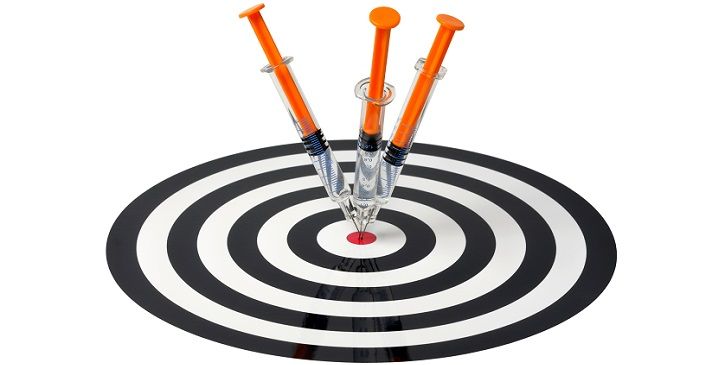Clinicians Will Need to Adjust to Precision Medicine
For centuries, population-based evidence has laid the foundation of healthcare. Precision medicine will change that.

For centuries, population-based evidence has laid the foundation of healthcare. Precision medicine stands to change that, and that means clinicians will need to change, too.
A pair of laboratory physicians from the University of Washington has outlined what clinicians must accept as medical practice moves from consensus best practices to genetically tailored treatments.
“Population-based data will remain important for informing current understanding of health and disease, but the nature of genetic variation means it can no longer be seen as sufficient,” Mark R. Tonelli, MD, and Brian H. Shirts, MD, PhD, write in JAMA.
Most individuals carry about 50 genomic mutations not present in their own parents, along with 200 protein-coding family-specific variants not included in existing databases. They write that understanding these variants of uncertain significance (VUS) is essential to practicing precision medicine.
Tonelli and Shirts describe an “ethical imperative to classify the medical significance of a VUS in a medically important gene,” to decrease the uncertainty of any variation. The number of individuals carrying the same VUS will be too low to conduct traditional population-based studies of its significance, so medicine will have to rely on mechanistic reasoning rather than epidemiology. Computational in silico analyses may provide significance of a variant, the authors write.
If a certain number of relatives in a family carry a particular VUS, researchers can create a cosegregation study to examine the mutation. New technologies and methodologies will come along to help classify VUS, but “in almost all situations, correlation of information from multiple sources is considered necessary for classification that will alter medical care,” the pair writes.
They argue that mechanistic information has already begun to inform policy, citing recent FDA decisions to expand drug indications based on mechanistic VUS observations and functional assays.
What does all this mean for clinicians? That they will have to become comfortable with what Shirts and Tonelli call “untidy methodological pluralism.
“As methodologies that rely on mechanistic inference become more reliable, clinical decision making will need to incorporate knowledge from a variety of sources to arrive at the best course of action for a particular patient,” they write. Precision medicine can inform preventative lifestyle and environment choices, but they argue that if medicine fails to embrace mechanistic reasoning, that will severely limit its potential.
Podcast: Match Made in Hospitals — Patient-Matching Technology Can Improve Healthcare
September 21st 2021Clay Ritchey, CEO of Verato, highlights the administrative and financial benefits that patient-matching technology can provide hospitals and health systems, as well as how it can improve the patient experience.
Podcast: Using Digital Solutions to Address Technology Shortfalls with Citius Tech Senior VPs
July 29th 2021In an interview recorded earlier this year, Chief Healthcare Executive Associate Editorial Director Mary Caffrey spoke with 2 leaders of Citius Tech about meeting healthcare challenges with digital solutions.